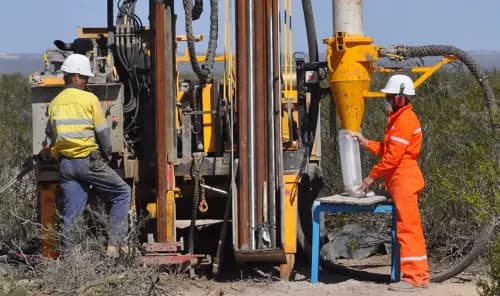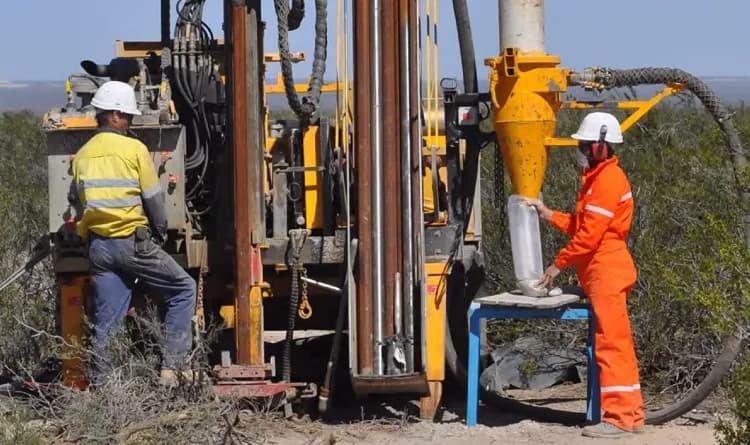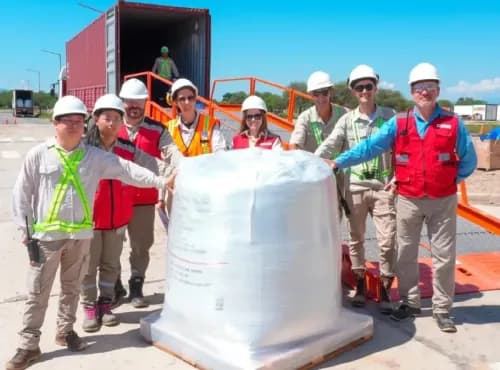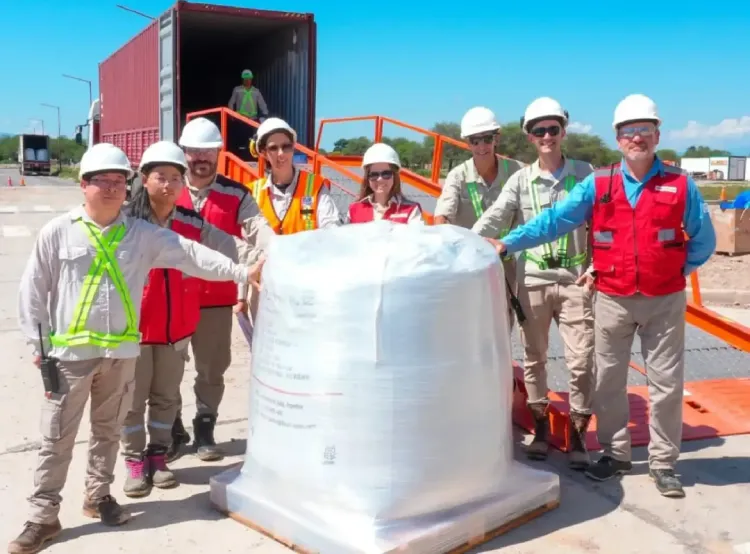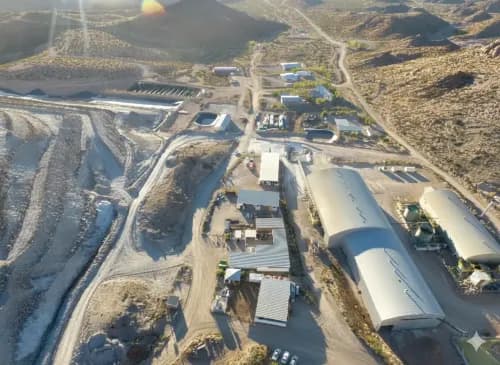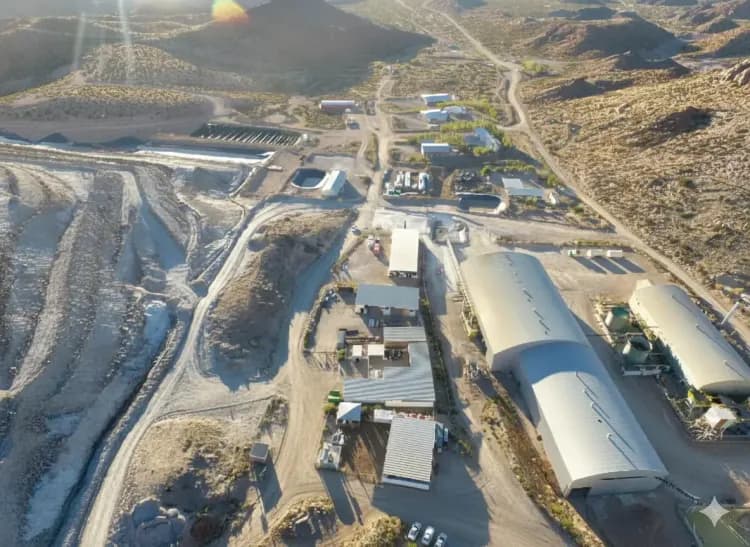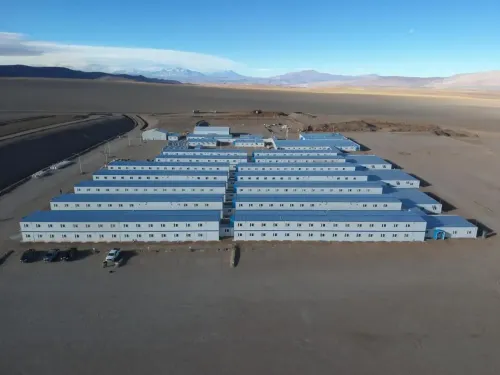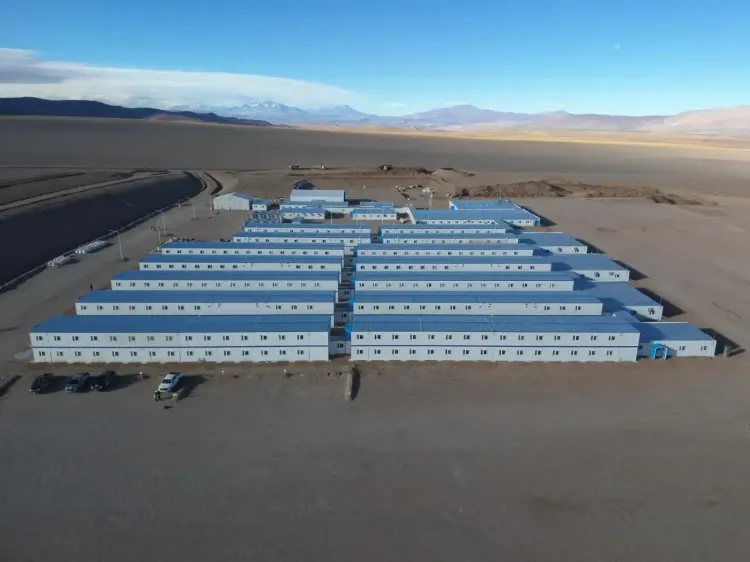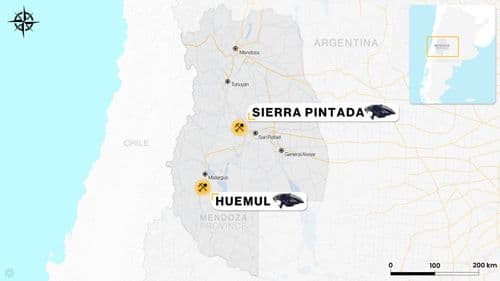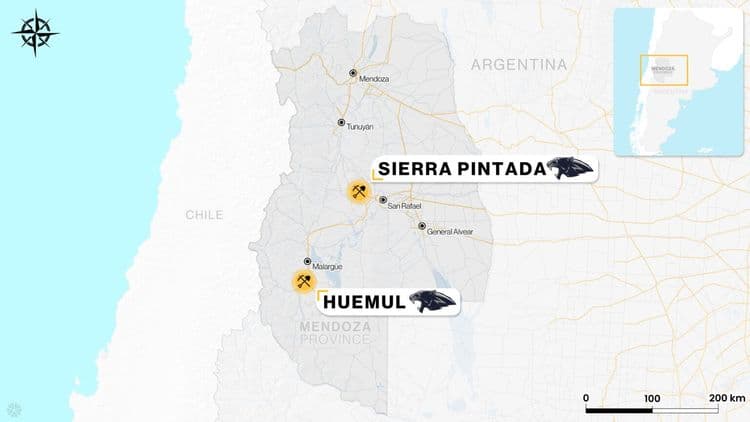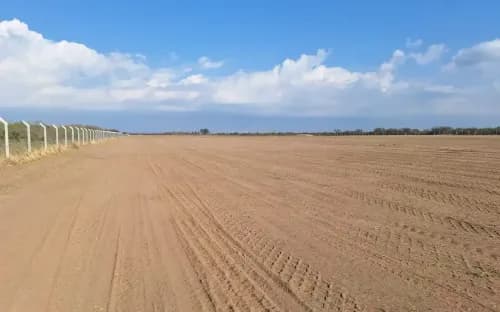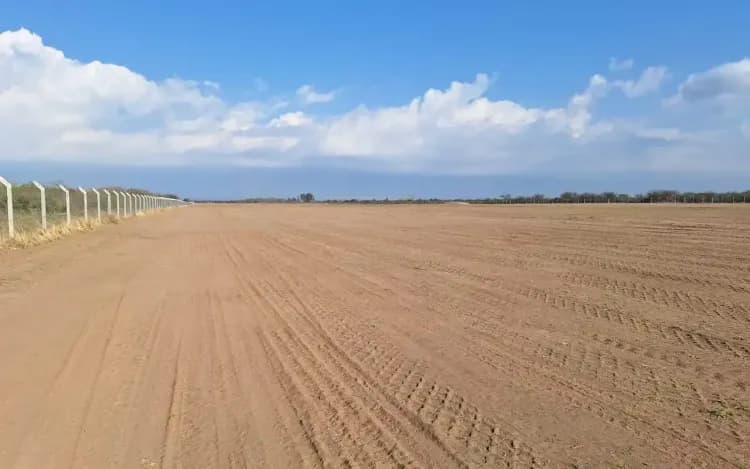Since 2013, the Chamber of Mining and Tourism Services Suppliers of the Puna has been promoting the creation of small and medium-sized enterprises (SMEs) for the mining industry in three provinces in northwestern Argentina through training initiatives.
By Panorama Minero
In the provinces of Jujuy, Salta, and Catamarca, the Chamber of Mining and Tourism Services Suppliers of the Argentine Puna aims to expand the development of SMEs that provide products and services, already in production, employing around a thousand people in these ventures. They emphasize that they provide training and guidance to empower them to undertake business ventures, especially given the growth in lithium mining.
Luis Vacazur, President of the Chamber of Mining and Tourism Services Suppliers of the Argentine Puna, which brings together members from indigenous communities in Jujuy, Salta, and Catamarca, explained the progress being made in the region to provide services to the growing mining industry.
"We started in 2013, and in 2015 we officially inaugurated it based on our vision of the lithium boom. We observed the passing of many mining vehicles and decided not to stay behind. As a transient town, we began seeking inclusion in the mining sector," explained Vacazur about the origins of the Chamber's formation.

Luis Vacazur
Vacazur mentioned that initially, they faced many challenges because they lacked training and preparation. This led to visits from the Mining Secretariat and companies, with the goal of identifying opportunities.
Additionally, the Chamber's President pointed out that, at the beginning, they worked to bring the Federal Administration of Public Revenue (AFIP) to their towns for training, which raised many questions. "We wanted to develop suppliers with tax awareness so that they understand the Argentine tax system. This way, we could develop it so that they understand the process because if they don't have invoices, they won't be contracted," stated Vacazur.
He acknowledged that indigenous people often have reservations about or conflicts with mining. Regarding this, he expressed, "We will never cease to be indigenous, so why not be entrepreneurs? We decided to embark on entrepreneurship, educate ourselves, and seek opportunities. In the past, our people migrated and ended up washing glasses in big cities, which is a dignified job, but they did it because there was no work. Today, the arrival of lithium is a great opportunity; it makes us happy because investments are coming, and our relatives are returning from the cities," he affirmed.
Vacazur emphasized that with mining activity in the Puna, many jobs are created, businesses have grown, and through the Chamber, they have managed to have over a thousand people working in total in the small businesses it represents. They have SMEs offering catering services, logistics, rental of vans, escort services, cargo services, passenger transportation, health services for workers, factories producing reflective vests (previously imported from China, now manufactured locally), and a witness box factory in San Antonio de los Cobres (Salta) to avoid imports.
"So, we seek the socio-economic development of the region through people from different indigenous communities of the Puna," he said. He considered it a challenge that allowed them to grow.
He recalled that in the old mining days, before the '90s, there were cases where people were not registered: they traveled on top of trucks, and the experience of mining camps was different. He argued that, unlike those times, current workers have first-layer clothing (for cold weather), air-conditioned and heated vehicles, and modular living spaces that are comfortable, similar to a hotel, along with meals.
He estimated that the presence of unions and government participation allowed for these changes with the arrival of foreign investments. "Today, the negative perception of mining has changed; we can say that we are working much better," he stated.
He assured that from the province of Jujuy, the Chamber has suppliers from Susques, Puesto Sey, and Jama. "Although I am from San Antonio de los Cobres, I am not part of those communities, but what we do is motivate, give tools to those who don't listen. I don't know the reality of each community in-depth, but I want to invite them to undertake, to prepare and train themselves," he explained, referring to encouraging them to become suppliers.
He mentioned that, for this purpose, the organization takes tools to different areas, such as cooking schools, hotel management, entrepreneurship, and professional driving in high mountain areas. He estimated that the work is extensive, and people are undertaking because they want communities to stop being on the other side but instead venture into entrepreneurship, work, education, and professionalism, as they have done.




